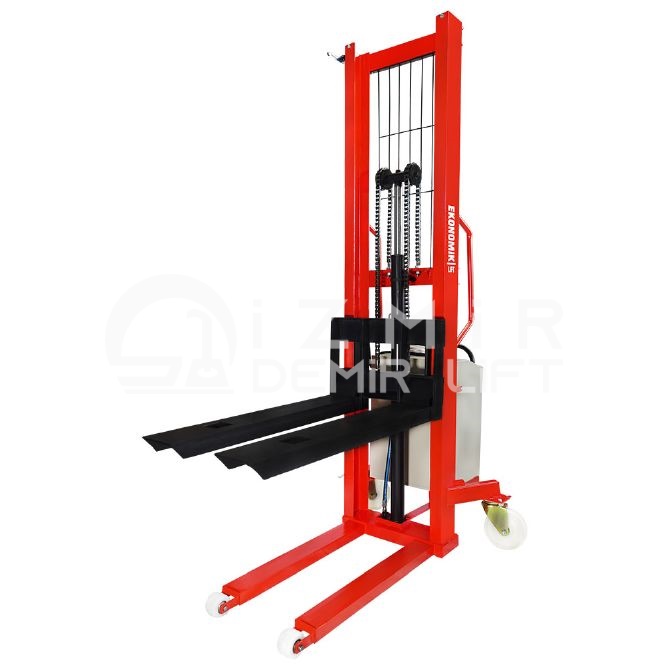
Today, businesses use different strategies and technologies to gain competitive advantage and increase operational efficiency in supply chain management. Forklifts and warehouse operations are an important component of the supply chain, and their effective integration is a critical factor for the success of the business. In this article, we will focus on the importance and advantages of supply chain integration in forklifts and warehouse operations.
Efficient Storage and Placement:
Supply chain integration increases the efficiency of warehouse operations. Forklifts play an important role in material handling and storage processes. Supply chain integration ensures efficient use of storage space and fast and accurate placement of products. Warehouse operations are synchronized with other stages of the supply chain, and product flow is ensured without interruption.
Inventory Management and Demand Forecasting:
Supply chain integration improves inventory management and demand forecasting processes. Forklifts and warehouse operations provide data integration to accurately track stock levels and place products based on demand forecasts. This helps reduce inventory costs and meet customer demands.
Delivery Times and Customer Satisfaction:
Supply chain integration shortens delivery times and increases customer satisfaction. Forklifts speed up the exit of products from the warehouse and ensure that orders are shipped on time and correctly. This provides faster delivery to customers and increases customer satisfaction.
Data Sharing and Communication:
Supply chain integration facilitates data sharing and communication between different stakeholders. Forklifts and warehouse operations data are integrated with other stages of the supply chain. Real-time information is shared between suppliers, manufacturers, logistics companies and customers. This enables better supply chain management and coordination.
Logistics Costs and Efficiency:
Supply chain integration reduces logistics costs and increases operational efficiency. Synchronizing forklifts and warehouse operations with other supply chain processes optimizes material handling and storage processes. This contributes to lower logistics costs and more efficient operations.
As a result, supply chain integration with forklifts and warehouse operations helps businesses gain competitive advantage and increase operational efficiency. Efficient storage, inventory management, delivery times, data sharing and logistics costs are improved. This increases customer satisfaction and gives businesses a competitive advantage. Supply chain integration with forklifts and warehouse operations is an essential element for the success of modern businesses.